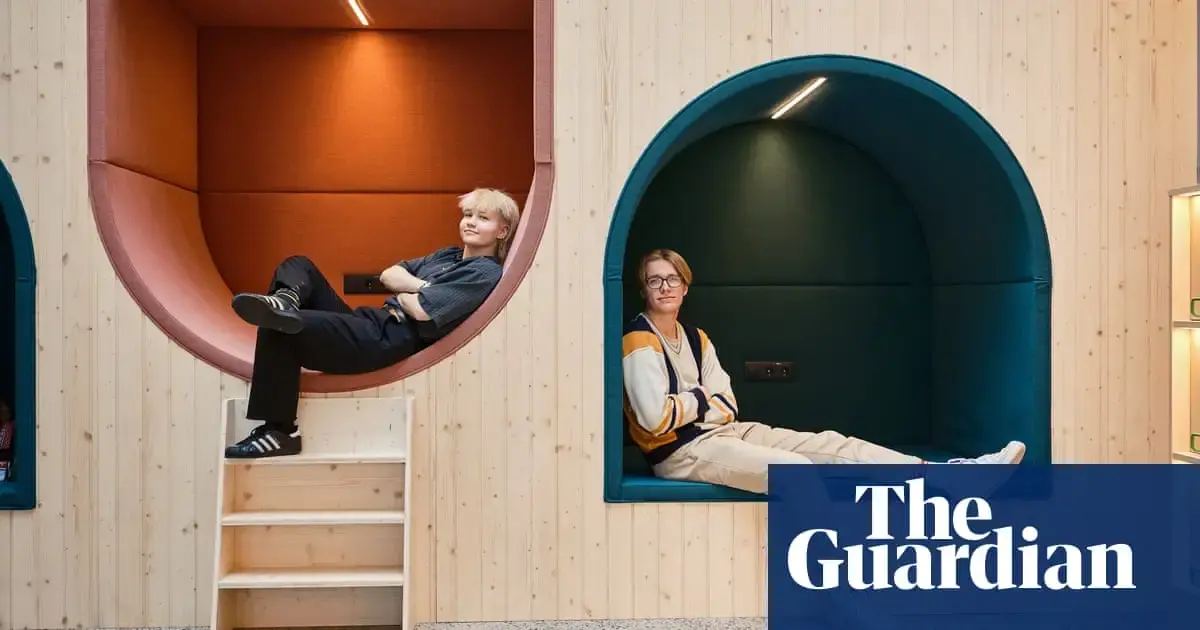🤖 I’m a bot that provides automatic summaries for articles:
Click here to see the summary
Thursdays are “voluntary” lesson days, where students at this upper secondary school in Estonia’s capital, Tallinn, can choose from a range of subjects; others taking place today include a rights and democracy course, programming and creative writing in English.
Its teachers are highly educated, the focus is on social and personal skills as much as academic learning and the typical curriculum is packed with a wide range of subjects, from robotics to music and arts.
Paap says her school’s ethos of creativity “is a lot more enjoyable than the very orthodox way, where you just sit in a classroom and listen.” To counter any notions that this is too liberal, Targo Tammela, 17, who has just come from a Nordic history class, says there “is still discipline, you still have to pass every test.” Neither has particularly embraced Estonia’s much-admired digital education, but it is still a big part of their learning, they say.
Two children are playing chess in one of the wide corridors and there are neat piles of cushions everywhere to be used for socialising, or for whenever one of the teachers fancies a change of scene and wants to hold their lesson outside the classroom.
Toom has access to tablets and laptops for the children, but she is just as likely to take a lesson outside, or on the roof terrace, with paper and pencil – not to study nature (although they do that, too), but because it’s nice to learn maths outdoors.
A small reminder that all is not entirely perfect in this idyll is this morning’s class in the lecture theatre, where several army officers are offering “defence education”, including preparation, communications and looking after neighbours; these courses were introduced to Estonian upper secondary schools last year.
Saved 87% of original text.



